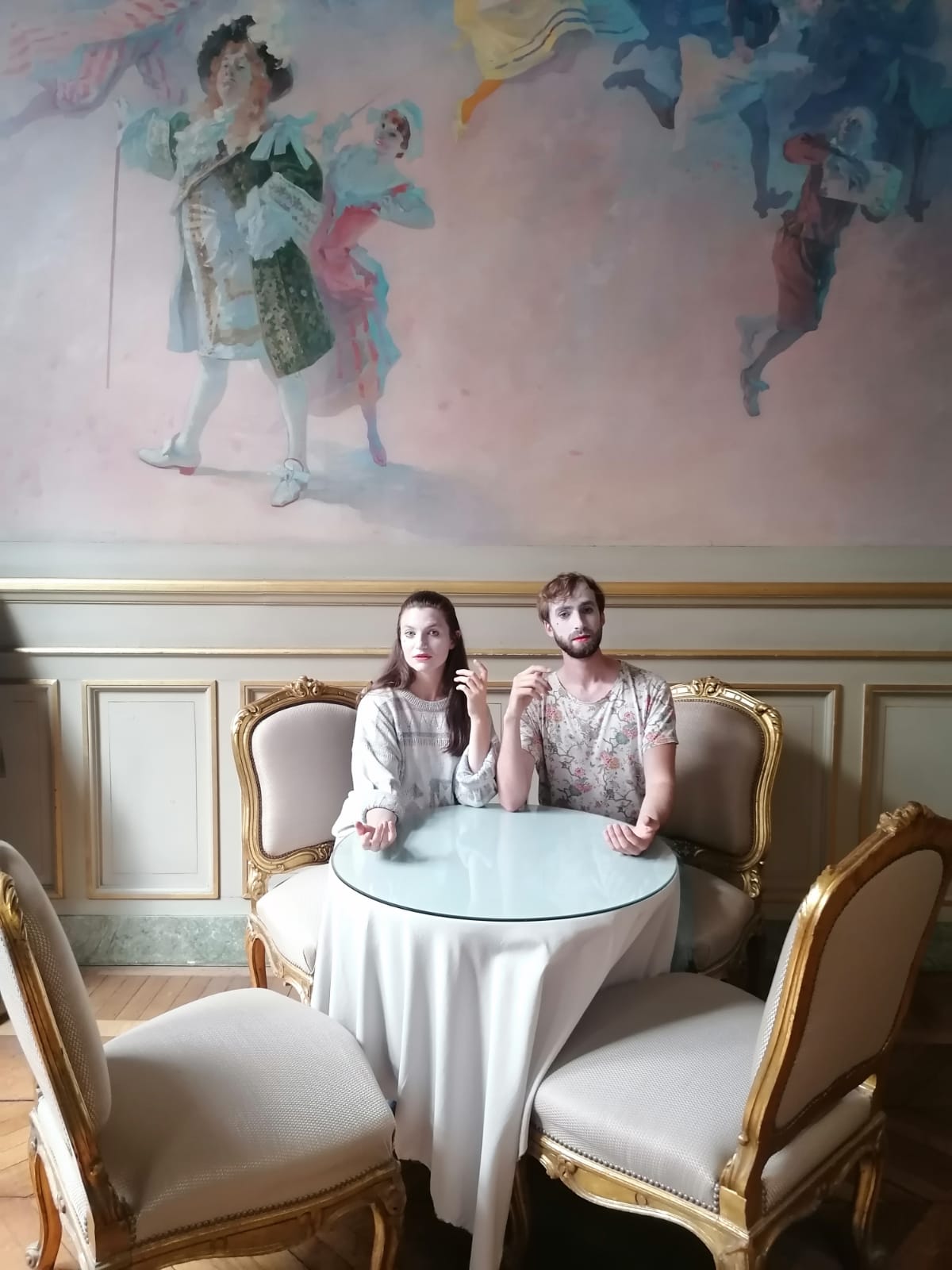
Catherine Des Roches, prolific and well-known writer from the second part of the Sixteenth centuries has been unfairly forgotten by the mode and history. Some of her texts have been recently exhumed by Anne Larsen in the edition Droz, then by Aurore Evan, Perry Gethner and Henriette Goldwyn in the first volume of Women’s theather of the Ancient Regime.
Catherine Des Roches is an author from Poitiers, who lived and wrote in complicity with her mother, Madeline. Appreciated by literary circles, she composed letters, poema, songs, translations but also dialogues and work getting close from dramatic genre.
The preoccupation of the autonomy of women is at the head of her work and her life, resolutely single, to be able to focus on her writing. She died from the plague the same year than her mother, leaving behind her a large variety of texts, mixing virtuosity, humour and a quest of emancipation.
–
Bergerie is a pastoral written around 1580, staging sheperd besotted of love and friendship. Catherine Des Roches takes advantages of the lightness of the genre to blow a wind of freedom and emancipation in the mind of the characters representing each of them a facet of the love feeling. From the platonic love to the libertarian hedonism, from the bantering to the affirmation of powerful sorority, the play affirms as discreetly as deeply a desire for women freedom – so precious to its author.
This pastoral will get inspiration from the representation code of the period, echoing again the teasing strength of the language of Catherine Des Roches. Her alexandrines are carved by the baroque declamation – which amplify the claim, the gesture and the feelings to make clear the inner exuberant life of the characters. An direct interaction with the public allow the spectators to enter directly at the hear of this subtle loving show. The guitar and the song will give back their charm to the songs that will be more and more present along the play.
Spectators will be carried in a parenthesis of creativity and poetry, where a willingness of equality and mutual tenderness will come out – essential to feed the daily of everyone.
